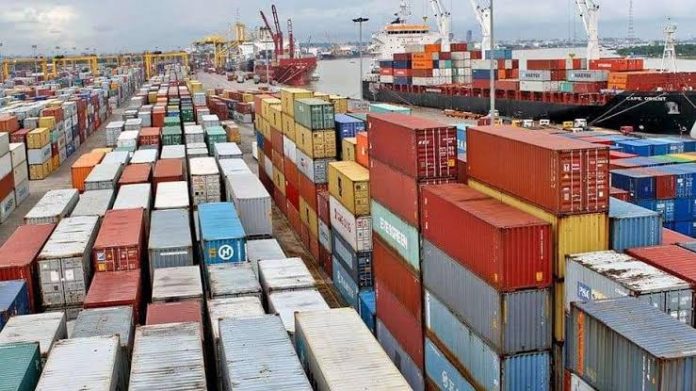In his address at the African Direct Investment (ADI) Sensitization Workshop in Cairo Egypt on Wednesday, Dr. Kale, redefined the future of African investment, placing African capital at the center of the continent’s growth story.
Speaking on the sidelines of the Focus Africa Trade and Investment Forum, Dr. Kale unveiled key findings from the inaugural ADI Baseline Report, which reveals that between 2017 and 2020, over $44 billion in investment flowed within Africa—by Africans, for Africa. “This isn’t just capital,” he said, “It’s a catalyst, a vote of confidence by Africans in Africa.”
He said for too long, the African investment discourse has been framed almost exclusively through the lens of foreign direct investment (FDI)—with the continent cast as a passive recipient of flows from Europe, North America, Asia, and more recently, the Middle East.
He noted that these external flows have often been tied to commodity cycles, extractive industries, and large-scale infrastructure projects. “While valuable, this narrative has obscured a critical and growing force: investment by Africans, in Africa,” he said, noting that that omission has had consequences. “It has distorted perceptions. It has impeded policy responses, and it has undervalued the transformative role of African capital, capital that is not just financial, but institutional, entrepreneurial, and deeply rooted in local realities.”
Kale, a former Chief Executive of the National Bureau of Statistics (NBS), emphasized that African Direct Investment (ADI) is the financial engine that will drive economic integration under the African Continental Free Trade Area (AfCFTA), strengthen local value chains, and build resilient cross-border industries.
“Unlike short-term foreign inflows, ADI is rooted in regional trust, cultural familiarity, and long-term commitment,” he said.
He said key highlights from the baseline report shows that East and Southern Africa accounted for nearly 70 per cent of intra-African investment.
The report also shows that the top source countries include Mauritius, Kenya, South Africa, Egypt, and Nigeria, while the financial sector attracted over $30 billion. It noted that surprising destinations like Zimbabwe and South Sudan reflect a shift in investment perception.
Dr. Kale called the report “not just rich in data, but rich in insight,” offering governments, investors, and trade bodies a roadmap for targeted policy, risk management, and strategic collaboration.
He underscored Afreximbank’s commitment to turning insight into action through tools like Pan-African Payment and Settlement System (PAPSS), African Collaborative Transit Guarantee Scheme, Fund for Export Development in Africa (FEDA), and the Intra-African Investment Facility, all designed to remove barriers.
“The African investor is no longer peripheral,” he declared. “They are central to our growth story.”
Dr. Kale urged stakeholders to embrace the data, challenge old narratives, and co-create a new investment identity—one where Africa doesn’t wait for global capital but leads with its own. “Africa is not just trading with itself—it is building with itself,” he concluded.


